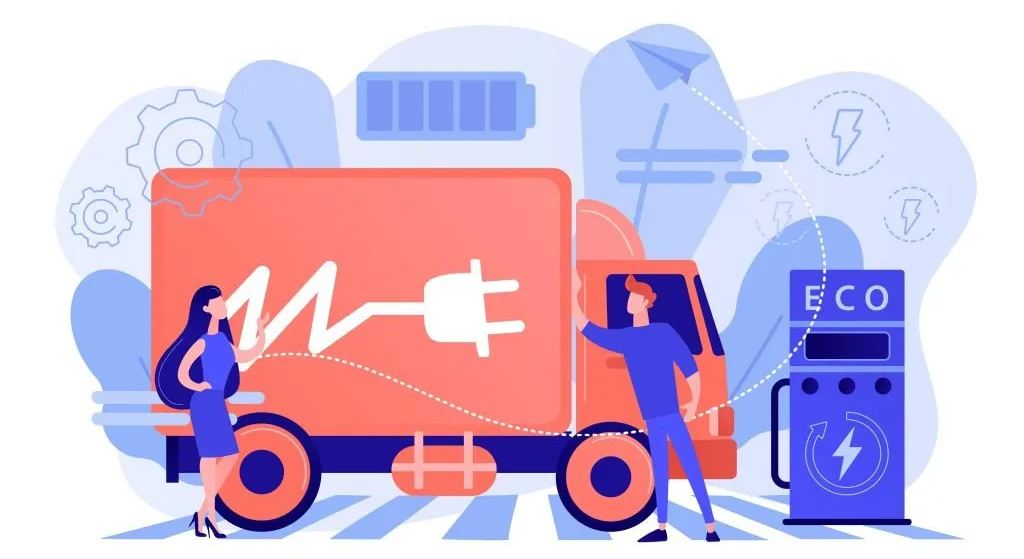As the world moves towards sustainable practices, electric vehicles (EVs) have gained immense popularity. In response to this growing trend, HMRC has introduced a significant policy shift. This change in approach significantly affects employers who reimburse employees for the cost of electricity used to charge company cars and vans at home.
In this article, we delve into this policy change and what it means for both employers and employees.
The Background: BIK Tax on Company Cars and Vans
The foundation for this policy change is Section 239 of the Income Tax (Earnings and Pensions) Act 2003 (ITEPA 2003). This section provides an exemption from Benefit In Kind (BIK) tax charges for payments and benefits associated with taxable company cars and vans. Typically, this exemption covers expenses like repairs, insurance, and road tax.

Previous HMRC Position
Until recently, HMRC’s position was clear: this BIK exemption did not extend to the reimbursement of electricity costs incurred when charging a company car or van at an employee’s residential property. This distinction meant that employees receiving such reimbursements would be subject to BIK tax charges.
The Policy Shift
HMRC’s revised policy, however, signifies a change of perspective. The tax authority now acknowledges that reimbursing a part of a domestic energy bill, which reflects the usage in charging a company car or van at home, falls within the Section 239 BIK exemption. This crucial alteration means that no separate BIK tax charge will be imposed when employers choose to cover the cost of home EV charging.
Conditions for Exemption
While the revised policy provides relief, certain conditions must be met to qualify for the exemption. It is imperative that the electricity reimbursements are exclusively related to charging the employee’s company car or van and not connected to other domestic electricity usage.

The Implications
This policy shift simplifies the tax landscape for both employers and employees. By eliminating the tax burdens associated with home EV charging reimbursements, it encourages the adoption of electric vehicles. Employers can now facilitate home charging without tax concerns, which may further promote the use of EVs.
Conclusion
In a world transitioning to eco-friendly solutions, the revised HMRC policy aligns with the push for sustainable transportation. Employers and employees alike can benefit from this shift in the tax framework, and it may well contribute to the wider adoption of electric vehicles.
This policy change underscores HMRC’s commitment to adapting to a changing landscape and supporting environmentally conscious practices.
As EVs continue to play a pivotal role in reducing carbon emissions, this policy shift ensures that tax concerns don’t deter individuals from making eco-conscious choices. It’s a step towards a cleaner and more sustainable future.